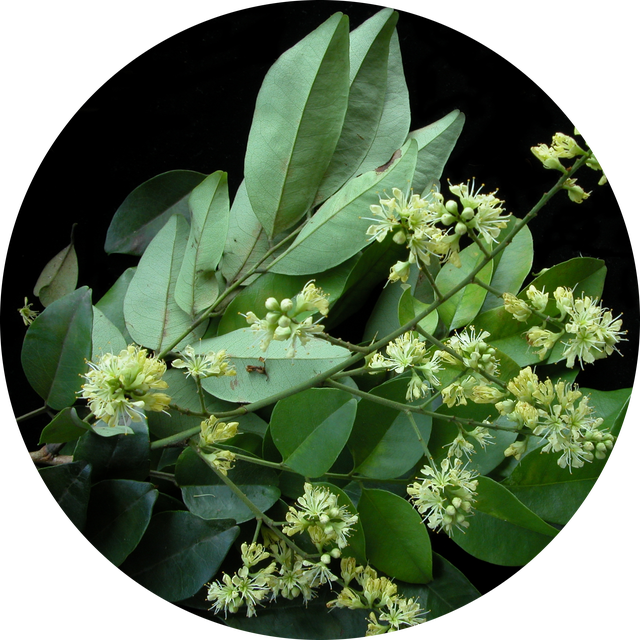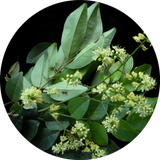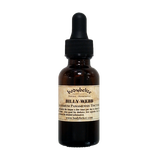- PLANT MEDICINE
- >
- Tinctures
- >
- BILLY WEBB BARK TINCTURE
BILLY WEBB BARK TINCTURE
Family: Fabaceae
Genus: Acosmium
Species: Acosmium panamense (Benth.)
Synonyms: Pithecellobium panamense Benth.
Common Names: Panama Prickly-ash, Panama Acacia
Parts Used: Bark, Leaves, Seeds
Main Actions: Antioxidant, Antimicrobial, Anti-inflammatory
Other Actions: Analgesic, Antipyretic
Description: Acosmium panamense is a small to medium-sized tree native to Central and South America. It features compound leaves with small leaflets and produces clusters of white flowers followed by pods containing seeds.
Tribal and Herbal Medicine Uses: In traditional medicine, various parts of Acosmium panamense are used to treat fevers, infections, inflammation, and pain.
Plant Chemicals: Alkaloids, Flavonoids, Tannins
Biological Activities and Clinical Research: Research suggests that Acosmium panamense possesses antioxidant, antimicrobial, and anti-inflammatory properties. Some studies indicate its potential as an analgesic and antipyretic agent.
Current Practical Uses: Acosmium panamense is utilized in herbal medicine for its therapeutic properties, especially in regions where it is native.
Main Preparation Method: Decoction or infusion of bark, leaves, or seeds
Main Actions (in order): Antioxidant, Antimicrobial, Anti-inflammatory, Analgesic, Antipyretic
Main Uses: Infections, Inflammation, Fever, Pain
Properties/Actions Documented by Research: Antioxidant, Antimicrobial, Anti-inflammatory
Other Properties/Actions Documented by Traditional Use: Analgesic, Antipyretic
Cautions: Limited information available; exercise caution when using internally and consult with a healthcare professional.
Traditional Preparation: The bark, leaves, or seeds are typically boiled to make a decoction or infused to make an herbal tea.
Contraindications: Not well documented; individuals with known allergies or sensitivities to related plants should use with caution.
Drug Interactions: No known interactions, but consult a healthcare provider if using concurrently with other medications.
Herbalists and "bush doctors" in Belize have long used this bitter tasting bark for coughs and fever, as well as for diabetes, dry cough and low appetite.
It may also be used as a blood detoxifier and is one of the main ingredients in Belizean "Bittas".
Recommended dosage: 2.5ml taken in a small glass of water or juice 2x daily on an empty stomach for better absorption.



